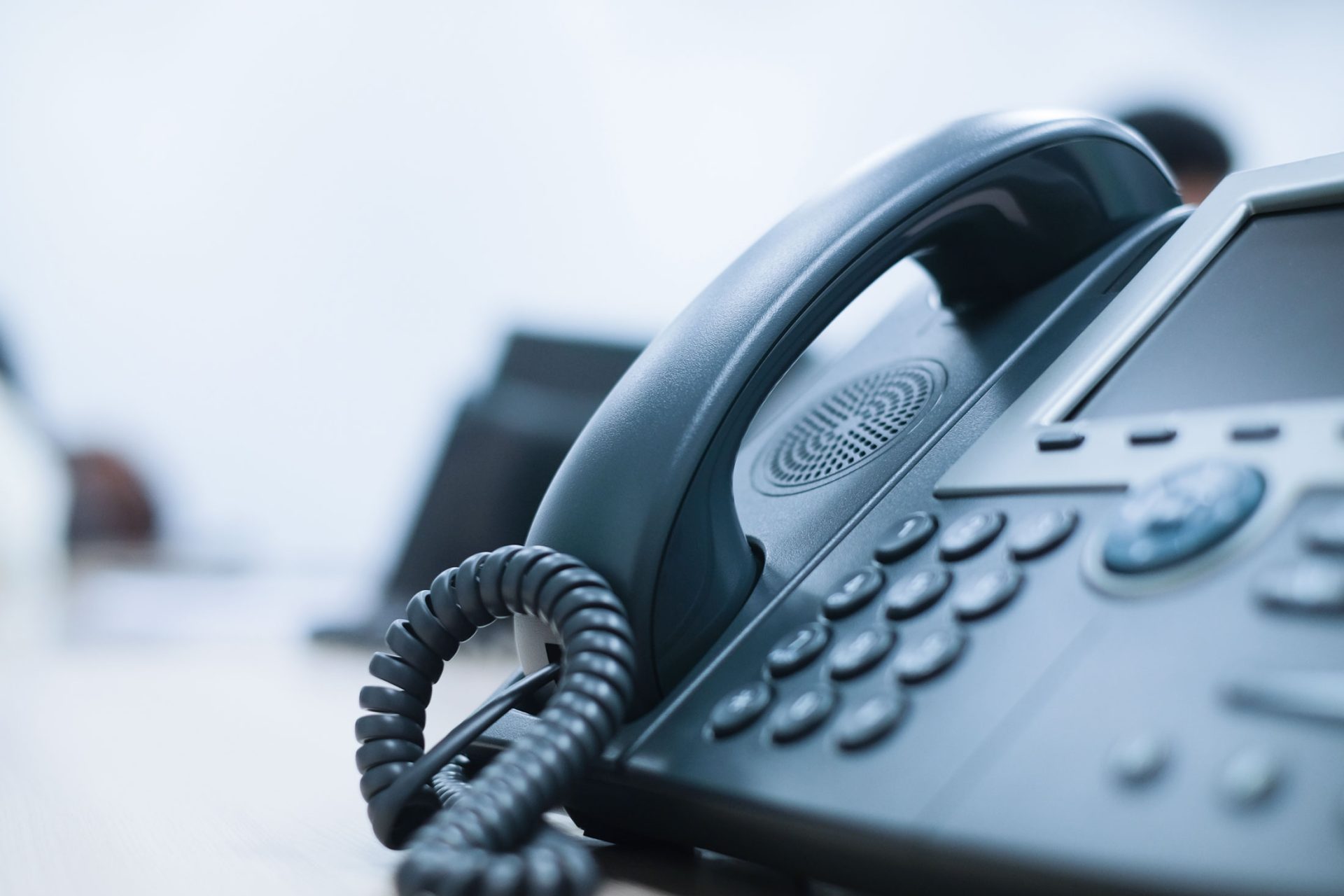Do you have calls coming through but you’re unable to answer as you’re already on the other line? Or are you unable to take a call because you’ve got your hands full with another job? It might be time to upgrade your legacy PBX phone system.
It’s not hard to understand that missing those calls could be costing you money – but how much is your PBX phone system really costing you?
Recent research suggests that businesses in the United Kingdom lose more than £30 billion every single year because of missed calls. On average, that’s £5,000 for every small to medium business in the country which may have been missed because of unanswered calls.
What’s more is that 85% of people whose calls go unanswered don’t bother calling back and, instead, 60% of them take their custom to a rival company – doubling the blow.
Many professional services organisations are still relying on ISDN and on-site PBX systems for their telephony. It’s easy to see why. ISDN is an established technology; it’s familiar and it works. But in today’s fast-paced business world, is this enough to help your business remain competitive?
ISDN was developed in the 1980s, a time when Ronald Reagan was U.S President, Nintendo unleashed Mario for the first time and the internet was a thing used by just a handful of academics.
Fast forward to 2019 and there’s been five more U.S Presidents, the internet is now used worldwide and is at our fingertips and Mario is still going strong.
However, there’s still businesses using ISDN phone lines.
The ever-changing world of business means operations in the workplace need to be agile, adaptable and flexible to thrive and a telecoms system that supports that is essential to success. With advancements in IP-based technology, ISDN is, in the majority of cases, no longer the best tool for the job. Instead, businesses should be thinking about upgrading their legacy phone systems for a VoIP solution.
But it’s not just money that having an ISDN may cost you, it can cost you productivity, customers and time.
A phone system which is inflexible and inefficient can reduce employee productivity and can have an adverse effect on your customer service. It will also bring your business to a standstill in the event of a shutdown or a disaster.
Moving to a modern phone system can enable your business to utilise enhanced features that can transform your business and help it to grow.
The technologies you adopt within your business need to be flexible enough to support your business processes, adaptable enough to enable your organisation to grow and develop, and versatile enough to help you deliver high-quality customer service.
